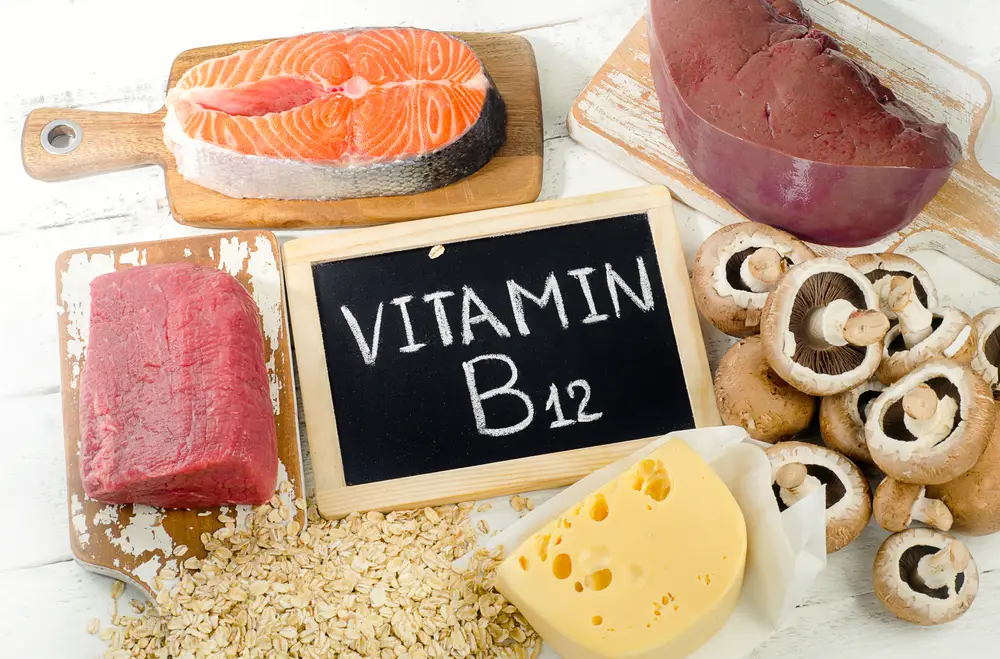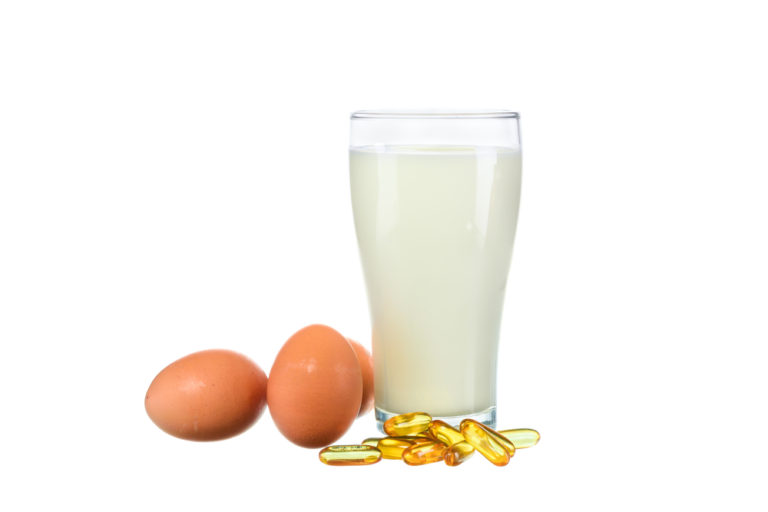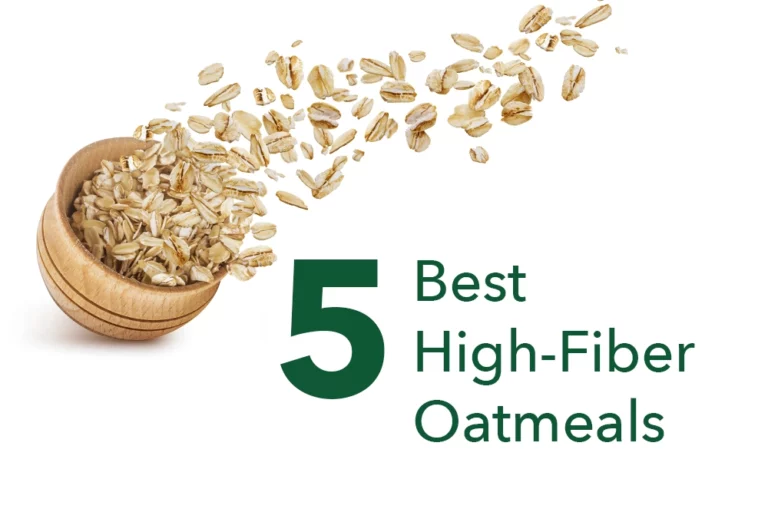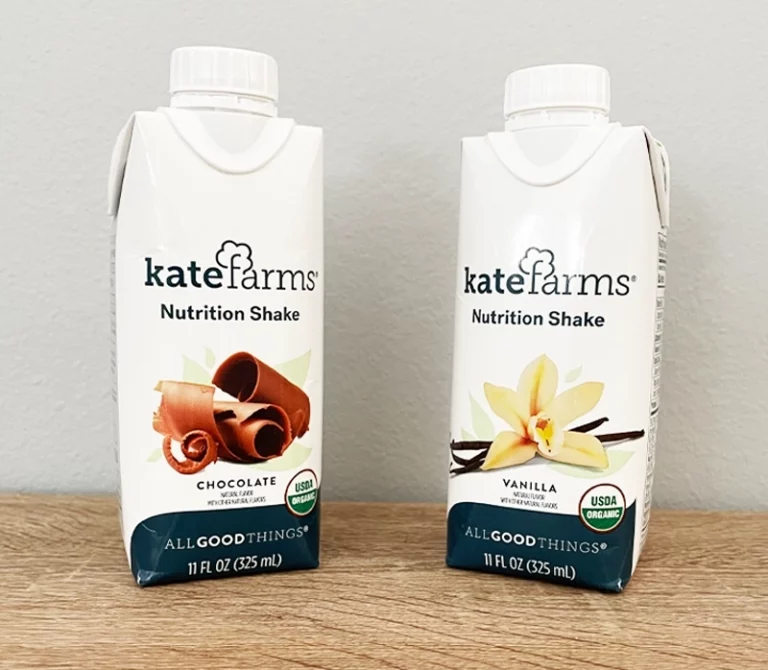Vitamin B12 Deficiency In Older Adults: Causes, Treatment, and More
Many physiological changes occur as a natural consequence of aging.
Kidney and heart function decline, fat mass increases while muscle mass decreases, and the body becomes less efficient at absorbing important nutrients like vitamin B12.
Consequently, this puts older adults at an increased risk of developing a vitamin B12 deficiency.
This article explains why older adults are at an increased risk of developing a vitamin B12 deficiency and how to treat a deficiency through food and supplements.

What is vitamin B12?
Vitamin B12, also called cobalamin, is one of the eight water-soluble B vitamins.
It plays an important role in keeping your body’s red blood cells and nerves healthy. It also helps make DNA, the genetic material of cells.
Vitamin B12 is naturally found in animal products like meat, eggs, poultry, and dairy. It’s also added to foods like breakfast cereals.
The recommended dietary allowance (RDA) of vitamin B12 for adults is 2.4 micrograms (mcg) (1).
Excess vitamin B12 is stored in your liver, so even if you don’t get the recommended amounts each day, it can take several years for deficiency symptoms to develop (2).
Despite the body’s lengthy reserves of vitamin B12, deficiencies are common, especially among older adults.
Causes of vitamin B12 deficiency in older adults
Older adults are at an increased risk of developing a vitamin B12 deficiency mainly due to malabsorption.
Changes in diet or decreased food intake can also lead to an inadequate intake of the vitamin. But this is a much less common cause of vitamin B12 deficiency in older adults.
Instead, up to 30% of older adults have a condition that decreases their ability to absorb vitamin B12 from food called atrophic gastritis (3).
Atrophic gastritis is the chronic inflammation of the stomach lining that decreases the body’s production of stomach acid.
Stomach acid helps separate vitamin B12 from the protein in animal-based foods. Without enough stomach acid, your body can’t free vitamin B12 from protein for absorption.
Older adults are also more likely to take medications like antacids that block the production of stomach acid, further limiting the amount of vitamin B12 available to the body (4).
Both of those factors lead to a decline in vitamin B12 in the body.
Other conditions that can lead to a vitamin B12 deficiency include:
- celiac disease
- inflammatory bowel disease
- bariatric surgery
- long-term use of drugs like antacids and metformin
Symptoms of vitamin B12 deficiency
A vitamin B12 deficiency results in anemia, a condition in which you lack enough healthy red blood cells to carry oxygen to your body’s tissues.
As a result, you may develop weakness, fatigue, and paleness.
A severe vitamin B12 deficiency can damage nerves, causing muscle weakness, loss of reflexes, and confusion.
A blood test to measure the body’s level of vitamin B12 is used to diagnose a vitamin B12 deficiency.
Blood levels of folate may also be measured to rule out a folate deficiency
This is because a deficiency in either B12 or folate can lead to the same type of anemia.
Folate is another B vitamin important for red blood cell formation and healthy cell growth function.
Vitamin B12 sources
The vitamin B12 found in supplements or fortified foods, like breakfast cereals, is not bound by protein and therefore doesn’t require stomach acid for it to be absorbed.
For this reason, it’s recommended that adults older than 50 years get most of their vitamin B12 from supplements or fortified breakfast cereals (1).
Vitamin B12 absorption tends to decline the higher the dose so a supplement containing 500 to 1,000 mcg is a good choice.
But this doesn’t mean older adults shouldn’t eat vitamin B12-rich foods as they’re also high in protein and other important nutrients.
Older adults need more protein than their younger counterparts to support healthy aging.
The best sources of vitamin B12, which are also good sources of protein, include (5):
- Clams: 84.1 mcg per 3 oz.
- Liver: 70.7 mcg per 3 oz.
- Trout: 5.4 mcg per 3 oz.
- Salmon: 4.8 mcg per 3 oz.
- Tuna: 2.5 mcg per 3 oz.
- Beef: 1.4 mcg per 3 oz.
- Milk: 1.2 mcg per 1 cup
- Yogurt: 1.1 mcg per 1 cup
- Cheese: 0.9 mcg per 1 oz.
The bottom line
Vitamin B12 is a water-soluble vitamin that is essential for good health.
It’s involved in the formation of red blood cells and DNA and it helps maintain nerve health.
Vitamin B12 is naturally found in animal-based foods such as dairy, meat, and poultry. The vitamin is also added to some foods like breakfast cereals and is available as a supplement.
Aging decreases the body’s ability to absorb vitamin B12 from food, so supplements or fortified foods are recommended to help older adults meet their needs.
Despite this, older adults should still consume vitamin B12-rich foods because they’re also rich in protein and other beneficial nutrients.






